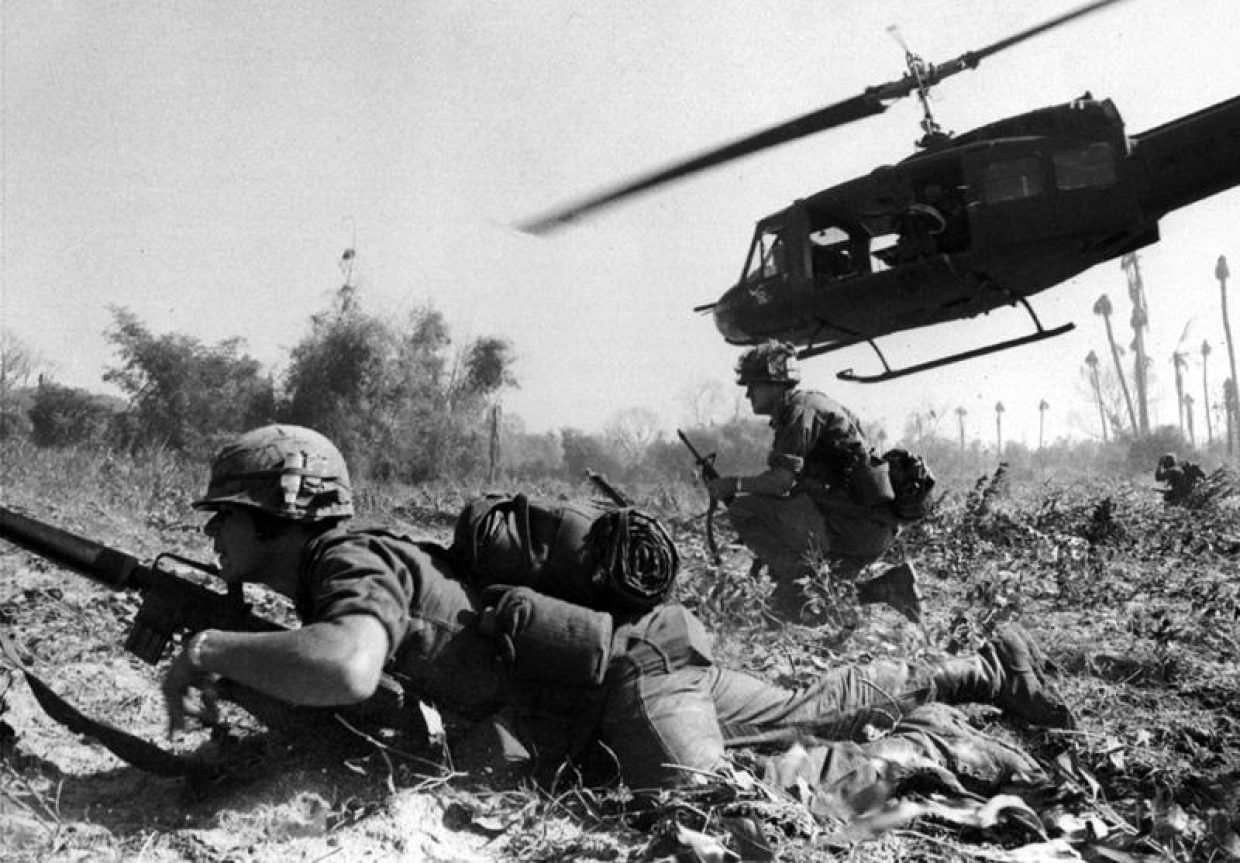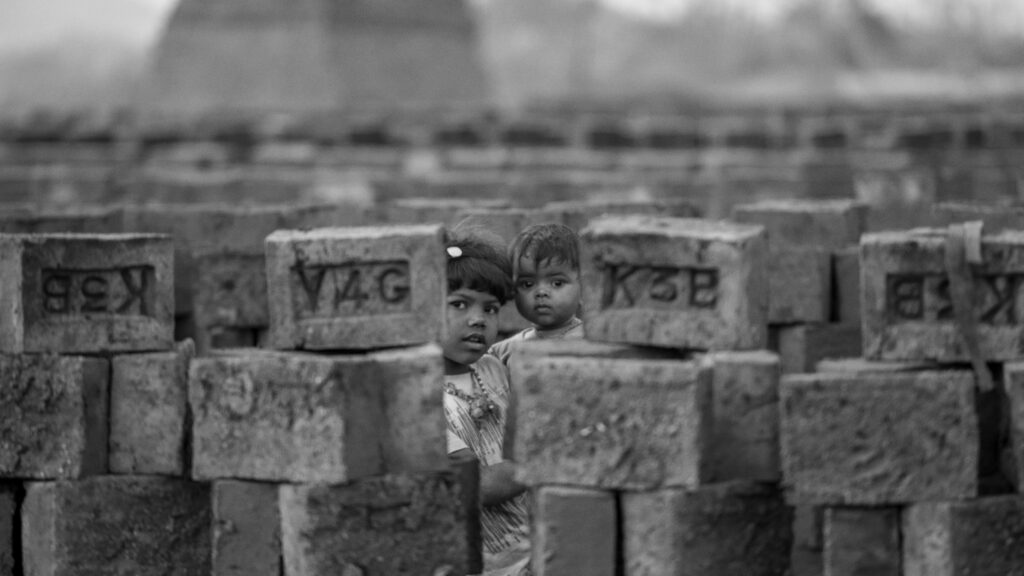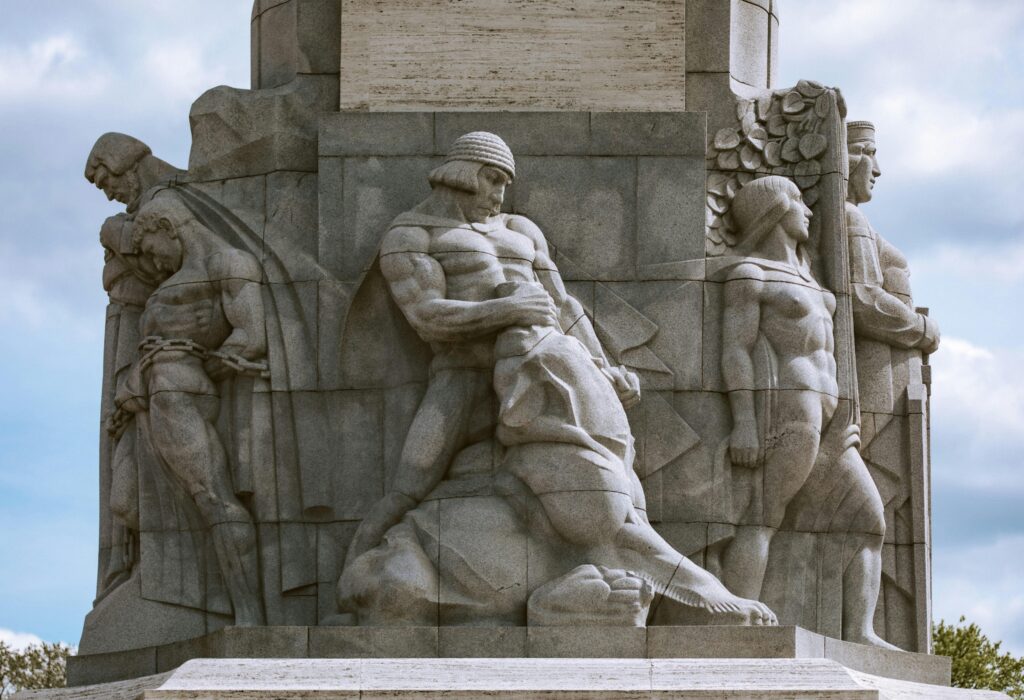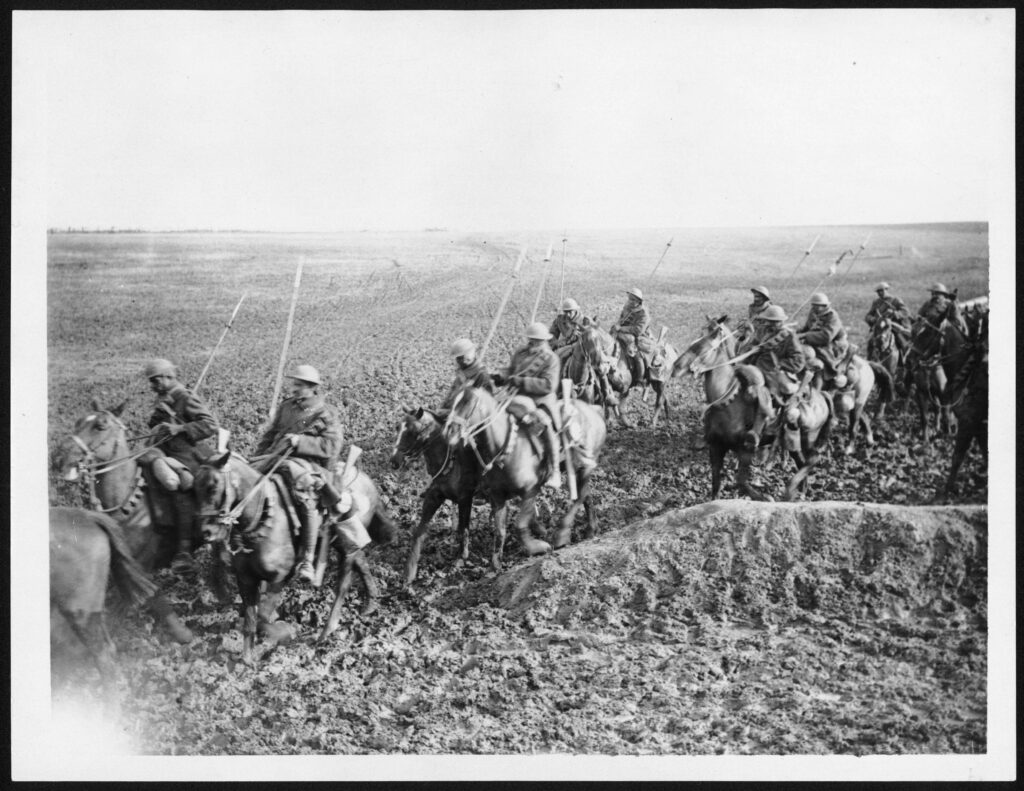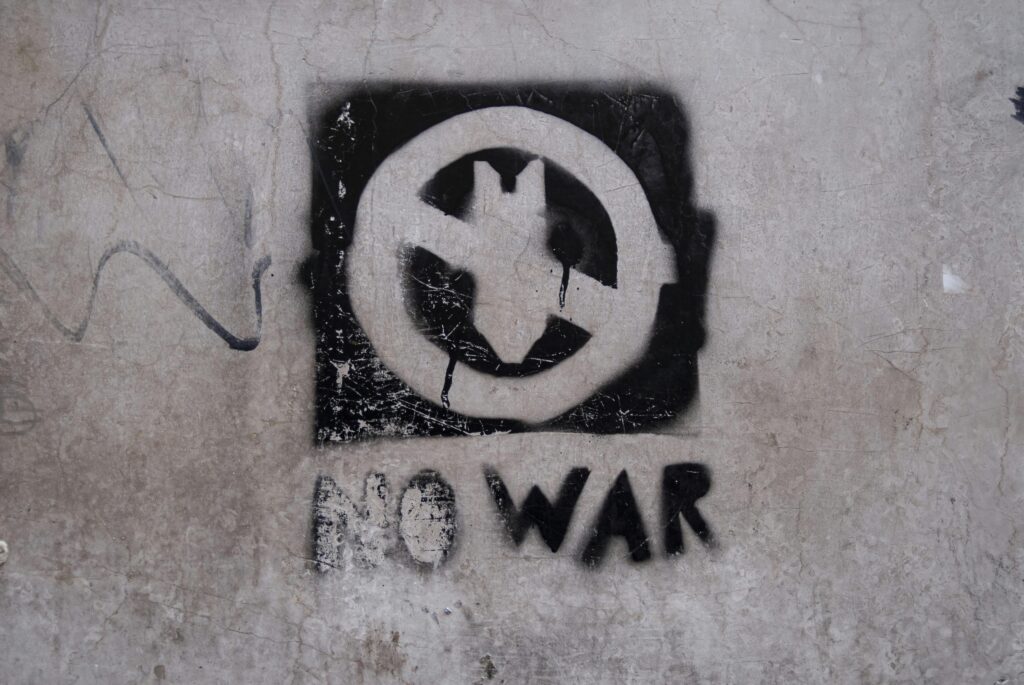The Vietnam War remains one of the most complex and defining conflicts of the 20th century, intertwining fierce battlefield engagements with intense political debates and widespread social protests. Spanning nearly two decades, this war not only reshaped the geopolitical landscape of Southeast Asia but also profoundly influenced the cultural and political fabric of the United States and beyond. In this article, we will journey through the intricate layers of the Vietnam War—exploring the political decisions that ignited it, the grassroots movements that challenged it, and the gripping stories from the battlefields that captured the courage and tragedy of those involved. Join us as we uncover the multifaceted history of a war that continues to resonate with lessons and legacies today.
Table of Contents
- The Political Chessboard Behind the Vietnam Conflict
- Voices of Dissent The Rise of Antiwar Protests
- Tales from the Trenches Personal Stories of Courage and Loss
- Lessons Learned Charting a Path for Future Foreign Policy
- In Conclusion
The Political Chessboard Behind the Vietnam Conflict
Behind the scenes of the Vietnam War was a complex web of international diplomacy and covert maneuvering, where global powers’ interests clashed on an unforgiving geopolitical stage. The Cold War context turned Vietnam into a strategic battleground between the United States and the Soviet Union, each vying for ideological supremacy without direct confrontation. This chess game involved not only military aid and political pressure but also secret negotiations and espionage. For instance, the U.S. aimed to contain the spread of communism through support for South Vietnam, while North Vietnam, backed by China and the USSR, sought reunification under a socialist government. The result was a conflict shaped as much by global ambitions as by local realities.
- Strategic alliances were formed and broken, often influenced by shifting international priorities.
- Diplomatic talks frequently stalled as both sides hesitated to concede, fearing loss of face or influence.
- Covert operations, including sabotage and propaganda campaigns, intensified the fog of war.
This intricate political interplay ensured that the battlefield was never isolated from the larger Cold War narrative. Leaders on all sides played a dangerous game, aware that the outcome of Vietnam could shift global balances of power. Moreover, the domestic politics of involved nations—particularly the U.S.—were deeply affected, as the war stirred debates about morality, sovereignty, and American identity. Understanding this political chessboard is essential to comprehending not only why the war dragged on for years but how it reshaped international relations long after the fighting ended.
Voices of Dissent The Rise of Antiwar Protests
As the Vietnam War dragged on, a growing chorus of Americans began to question the very purpose of the conflict. From college campuses to bustling city streets, young people, veterans, and civil rights activists united in a wave of opposition that challenged the government’s narrative. This movement wasn’t just spontaneous; it was a complex network of voices that demanded accountability and sought peace. Protesters organized sit-ins, teach-ins, and passionate rallies, harnessing music, art, and powerful speeches that resonated across the nation. Their message was clear: the war was costly, unnecessary, and morally questionable.
The energy driving these protests helped reshape national discourse and politics. Iconic figures and ordinary citizens alike took a stand, using their voices to fuel policy debates and influence public opinion. Among their strategies were:
- Marches drawing thousands to the White House and Pentagon
- Draft card burnings as acts of civil disobedience
- Media coverage that exposed the realities of war to living rooms nationwide
- Coalitions that crossed racial and generational lines
Ultimately, this powerful dissent reshaped the American identity, proving that the strength of a democracy lies not just in its government, but in its people’s courage to speak out.
Tales from the Trenches Personal Stories of Courage and Loss
Amidst the turmoil of jungles thick with danger, soldiers found themselves bound not just by duty, but by the raw human experiences that painted their days and nights with vivid emotion. From whispered conversations under moonlit skies to the thunderous riddles of artillery shells, their stories echo with bravery, camaraderie, and sacrifice. One Viet Cong ambush left Private James Harrington wounded but unyielding, his courage a testament to resilience in the face of overwhelming adversity. Letters home, carried close to the heart, reveal fears and hopes often masked by stoic appearances, giving us a deeper glimpse into the true cost of war.
The battlefield was also a place where loss etched itself indelibly into the fabric of countless lives. Friends turned brothers fell, leaving behind empty bunk spaces and shattered dreams. Families back home grappled with public dissent, with protests sometimes echoing louder than the distant gunfire. Stories from medics who tirelessly worked through endless nights, and from those who returned forever changed, highlight the complex human side of this conflict—where politics met pain, and every day was a battle fought both within and beyond the trenches.
- The power of brotherhood: shared survival stories that transcended ranks and backgrounds.
- Quiet acts of heroism: moments of kindness amid chaos.
- The shadow of public outrage: how protests affected morale on the front lines.
Lessons Learned Charting a Path for Future Foreign Policy
Reflecting on the Vietnam War, one of the most significant takeaways is the critical importance of clear objectives and understanding the cultural terrain in foreign policy decisions. The conflict revealed how vague goals and underestimating local dynamics can entangle a nation in prolonged strife. Moreover, the war underscored that military might alone cannot resolve deeply rooted political and societal challenges. Future engagements must include comprehensive intelligence, diplomatic engagement, and a commitment to long-term stability rather than short-term victories.
Another crucial lesson emerged from the widespread protests and divisive public opinion that shaped the war’s legacy. Governments learned that neglecting domestic consensus can weaken not only policy legitimacy but also the morale of troops abroad. As a result, subsequent foreign policy considerations increasingly emphasize:
- Transparent communication with citizens
- Embracing multilateral support and international cooperation
- Respecting human rights and minimizing civilian impact
These principles promote a more balanced approach, ensuring military action is not only strategic but also ethically grounded and publicly accountable.
In Conclusion
As we close the chapter on the complex and turbulent history of the Vietnam War, it becomes clear that the conflict was more than a mere battlefield struggle—it was a profound crucible where politics, public opinion, and personal sacrifice converged. The stories of those who fought, those who protested, and the leaders who navigated an uncertain course remind us that history is never simply black and white. By reflecting on these multifaceted narratives, we not only honor the past but also gain insights that resonate in our present and future. May the lessons of Vietnam continue to inspire thoughtful dialogue and a deeper understanding of the enduring costs of war.


